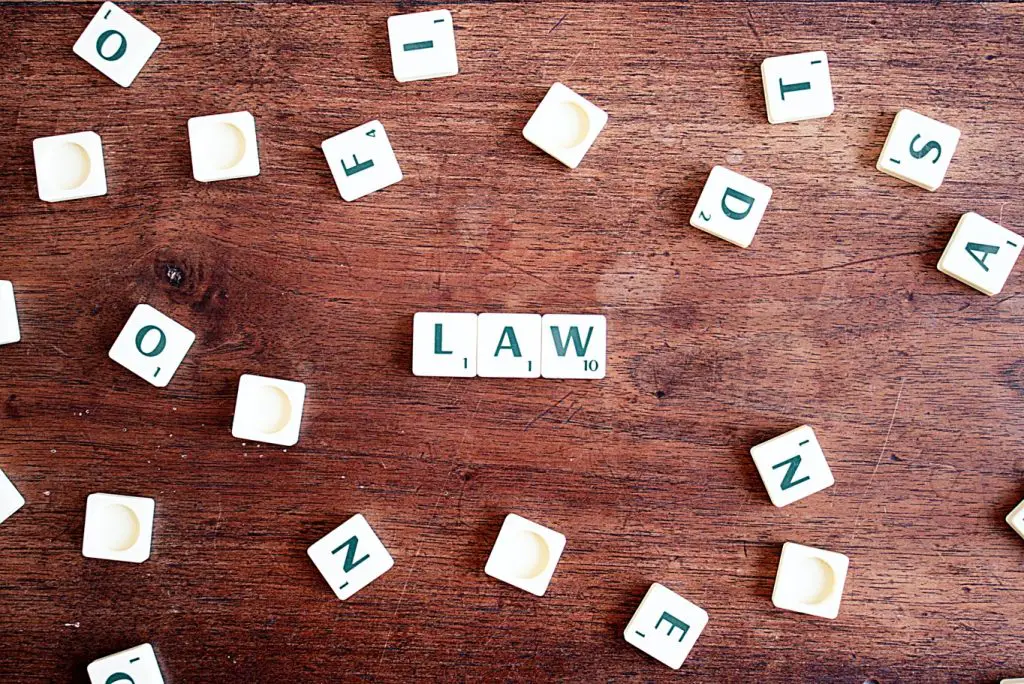Last Updated on 22/11/2025 by James Barron
There are several pieces of legislation that relate to the management of behaviour within a learning environment. Legislation such as United Nations Convention on the Rights of the Child (UNCRC), Health and Safety at Work Act and the Equality Act are broad in their specification but have a direct impact on the management of behaviour. It is essential that the academic institution takes the relevant legislation and has “translated it, through a variety of different committees, into institutional policy.” (Gould & Roffey-Barentsen, 2014, p. 7) This means that lecturers do not need to know every aspect of all legislation as “by following institutional policy, you will therefore generally be complying with the appropriate legislation.” (Gould & Roffey-Barentsen, 2014, p. 7) While it is the case that lecturers can rely on the institutional policy, it is essential that lecturers are “aware of any particular legislative requirements related to your subject specialism”, (Gould & Roffey-Barentsen, 2014, p. 7) for example, the copyright, Designs and Patents Act is particularly important in my area and a specific section of my teaching of web development and how it relates to students once they work in the industry, as copyright infringement is common and often results in substantial lawsuits.
“A major part of your professional practice is to take health and safety concerns seriously in terms of the learners for whom you are responsible, your colleagues and of course yourself”. (Machin, Hindmarch, Murray, & Richardson, 2016, p. 53) This is applicable in all my classes as a common health and safety concern is when students attempt to swing on office chairs, which is incredibly dangerous. This is an example of when a low level disruption is actually a very serious example of poor behaviour due to the risk to the health and safety of the student. The Health and Safety at Work Act becomes more important during practical classes; students will be handling materials that, if handled unsafely, can be extremely dangerous. This is an area where control of behaviour is extremely important as poor behaviour can become life threatening. There will also be additional ground rules to ensure that students remain safe within the class room. Areas such as manual handling are unlikely to be included within a normal class; however, it is common in a practical hardware lesson.
It is essential to have an understanding of the Equality act as students may require education relating to why their behaviour is inappropriate, due to their inequality or discrimination against other students. “There are protected characteristics which you must be aware of to help ensure that discrimination (direct or indirect), victimisation and harassment of learners and staff are prevented” (Machin, Hindmarch, Murray, & Richardson, 2016, p. 68) The protected characteristics are: age, disability, gender reassignment, pregnancy or maternity, race, religion or belief, sex, sexual orientation and marriage and civil partnership.
The United Nations Convention on the Rights of the Child (UNCRC) is a legally-binding international agreement; it focuses on the human rights of children. The agreement covers a wide range of areas involving children. Within teaching and education children have the right to make decisions by having a voice and having their opinions heard. An important aspect of the agreement is that children have the right to appeal and complain. This should be shown in a teaching establishments conduct and disciplinary procedure as each stage of the disciplinary procedure provides the student with the opportunity to appeal the decision made by the member of staff instigating the disciplinary.
Ofsted is the Office for Standards in Education, Children’s Services and Skills, Ofsted is responsible for inspecting schools and colleges to hold schools to account and promote improvement. In relation to behaviour Ofsted will be looking for student attitudes to learning, behaviour around the school / college, bullying, harassment, the understanding of risk. Ofsted base their guidelines on current legislation, ensuring that schools and colleges implement the legislation into their policy correctly and also that the policies are being implemented by staff.
Along with the legislation there are several codes of practices and professional standards that are provided by the Education and Training Foundation (ETF) and the Institute for Learning (IFL). “Both the IfL’s (2008) Code of practice and the ETF (2014) Standards provide useful guidance regarding your roles, responsibility and your professional and ethical development as a teacher.” (Machin, Hindmarch, Murray, & Richardson, 2016, p. 58)
Gould, J., & Roffey-Barentsen, J. (2014). Achieving your diploma in education and training (1st ed.). London: Sage Publications Ltd.
Machin, L., Hindmarch, D., Murray, S., & Richardson, T. (2016). A Complete Guide to the Level 5 Diploma in Education & Training (Second Edition ed.). St Albans: Critical Publishing.
Author Profile
-
My first experience of teaching was in 2016, when I was asked to
deliver a talk to a group of 16-year-olds on what it was like to start
your own business. I immediately knew I wanted to become more
involved in teaching but I didn’t know where to start as I had not
previously considered a career in education. A few weeks later I
agreed to teach a class of Chinese students from the Shanghai
Technical Institute of Electronics and Information, who had travelled
to the UK to learn English and Software Engineering, after that I was
hooked. Within the next few years, I taught hundreds of students of
many different nationalities, aged from 16 to 60, and from
levels 2 to 6. I focused my time teaching with Bath University and
Bath College for several more years until I felt a change was in order.
For the last few years, I have taught remotely with several private
training organisations, provided dedicated one to one coaching
sessions, provided consultancy on teaching and assessment practices
and written about my experiences as a teacher. I plan to continue
with my current activities for the foreseeable future but I’m always
open to new teaching experiences.

